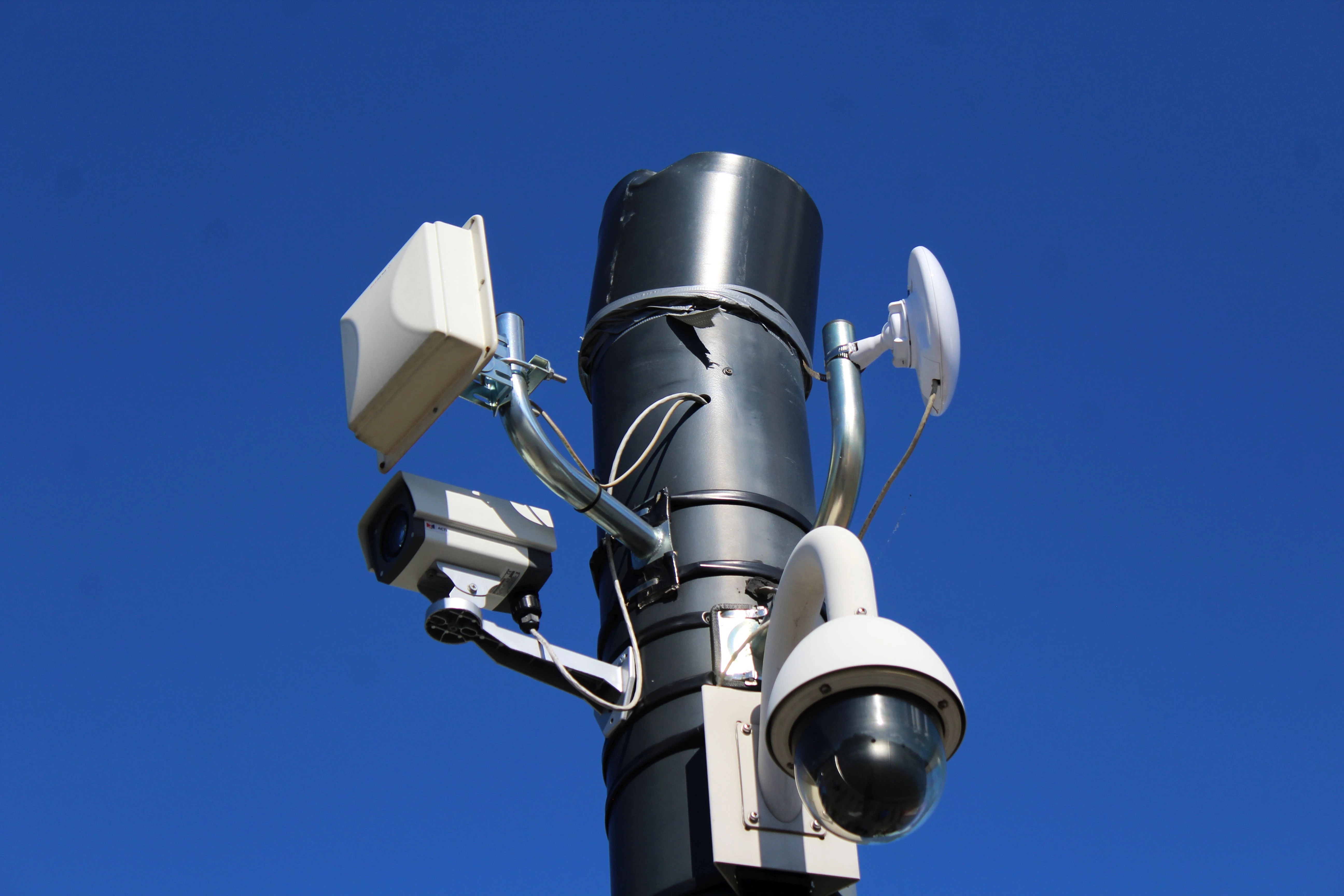Patients across England can now access medical checks, tests and scans during extended hours at 100 community diagnostic centres. The facilities operate 12 hours daily, seven days a week, marking a significant expansion in out-of-hours healthcare services.
The extended opening hours aim to increase access to health services and accelerate diagnosis for thousands of patients, according to the Department of Health and Social Care. Since July 2024, these Community Diagnostic Centres have delivered 7.2 million tests and scans.
Convenient locations across communities
The centres operate in shopping centres, community hospitals and university campuses, bringing healthcare closer to people's homes. These venues provide more accessible alternatives to traditional hospital settings for routine diagnostic procedures.
Health Secretary Wes Streeting said the Government is "determined to offer healthcare that fits around working people's lives and not the other way around". He added: "From early morning MRI scans to late evening blood tests, we're meeting patients where they need it most by extending the operating hours for community diagnostic centres and putting patients first." Streeting said the Government's 10-year health plan is "revolutionising how healthcare works" and the measures help bring care closer to the community.
Cancer diagnosis improvements
The NHS delivered more than 1.6 million additional tests and scans between July 2024 and June 2025. During this period, 218,463 people had cancer ruled out or diagnosed within 28 days, representing significant progress in early detection.
Improved performance on faster diagnosis standards meant nearly 97,000 more people received cancer diagnosis or clearance within 28 days compared to the same period last year. This represents a substantial improvement in cancer care efficiency.
Local success stories
Oldham CDC in Greater Manchester has dramatically reduced lung cancer diagnosis times from 42 days to just 18.8 days through extended hours. Queen Victoria Hospital CDC in East Grinstead, West Sussex, now records five times more respiratory patient interactions per session, with 92 per cent avoiding hospital outpatient appointments.
Patients can access these services through referrals from their GP or hospital-based clinical teams. The centres provide various tests including MRI and CT scans, echocardiography and phlebotomy services.
Patient experience and investment
Wayne Rowlands, who visited Norfolk and Norwich University Hospital Community Diagnostic Centre for an emergency CT scan, described it as a "pleasant experience" in a setting that was "very bright and not at all like a hospital". His experience reflects the centres' emphasis on patient-friendly environments.
The Government's plan receives backing from more than £6 billion of additional capital investment over five years to improve capacity for elective, diagnostic and urgent care services. More than £600 million capital funding has been committed for 2025-26 specifically to transform diagnostic services.
Future expansion plans
The funding includes support for up to five additional CDCs in 2025-26 and further extension of opening hours for all centres during evenings and weekends. Professor Meghana Pandit, NHS England national medical director, said: "We know people are living incredibly busy lives and it's vital NHS care reflects that. The services provided by Community Diagnostics Centres enable people to receive the all-clear or a diagnosis at a time and location that suits them, whether before a school drop off or after a work shift, and extending their opening hours means more people are being seen more quickly."
Laura Challinor from Blood Cancer UK welcomed the developments but emphasised the need for continued progress. She said: "It's imperative that everyone affected by blood cancer can readily access the diagnostic tests and appointments they need. With blood cancer being the UK's third biggest cancer killer and survival lagging behind countries of similar wealth and health, doing all we can to turn that tide is critical."
Sources used: "PA Media" Note: This article has been edited with the help of Artificial Intelligence.









